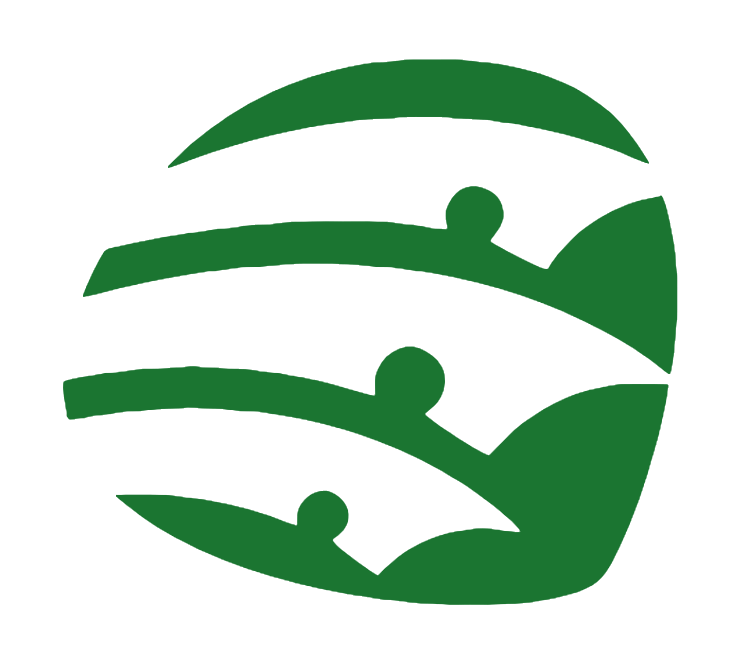
Parent/Carers Information
The School Day
Primary School
The primary school day starts at 9am and finishes at 3pm.
Secondary School
The secondary school day is split into two timetables, and students are in school either in the morning or afternoon session.
| Morning Timetable | Afternoon Timetable | |
|---|---|---|
| In School | 8.30am - 12pm | 12pm - 3.30pm |
| Online |
1.05pm - 3.30pm |
8.30am - 10.55am |
For the online sessions, students are expected to be logged on 5 minutes before the session starts.
Uniform & Mobile Phones
The school jumper will be provided free of charge at admission. If the first is lost or damaged, a second jumper can be purchased from the school office.
Students are not allowed to wear coats in the building. These will be handed to the staff at entry and collected when leaving the school.
Mobile phones are not allowed in the school. Students hand them to a member of staff on arrival.
Trouser Uniform
- Black trousers
- White shirt
- Black shoes or trainers
- School jumper
- No headwear (unless worn for religious observance)
- Tracksuit bottoms, jeans or leggings are not allowed
Skirt Uniform
- Black skirt which is worn to the knee
- White shirt
- Black shoes or trainers
- School jumper
- No headwear (unless worn for religious observance)
Nail extensions
Nail extensions should be at a reasonable length, whereby they will not interfere with the health and safety of the individual student or others. Students who come to school with nails too long are putting themselves and others at risk; therefore they will not be allowed to work in their regular classes and can be sent home.
Attendance and Punctuality
Attendance at school and arriving on time is essential.
Attending today means achieving tomorrow.
Going to school every day is essential. Why? Practice Makes Perfect: Just like practising a sport or playing a game, going to school daily helps you get better at reading, maths, and all the other subjects. Those subjects will be the key to having all the options open to your child as they grow up.
The expectation is for pupils/students to attend school when they are timetabled at school and, in the secondary section, when they are timetabled to be online.
We ask parents to support their children by explaining the importance of being on time.
Being punctual means arriving on time for your lessons, and it's important for your learning! Here's why:
-
No Rush: You don't have to rush to catch up when you're on time. You can calmly start the lesson with everyone else.
-
Not Missing Anything: Teachers often start with important stuff immediately. If you're late, you might miss something essential.
-
Good Habits: Being punctual is a great habit to have. It shows responsibility, and people admire that.
-
Less Stress: You might feel stressed or worried if you're late. But when you're on time, you feel more relaxed and ready to learn.
So remember, being punctual helps you learn better and enables you to take responsibility. Taking responsibility is so important when you leave school and become an adult.

